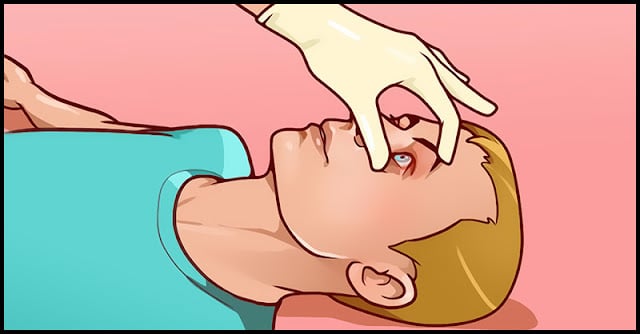People who work hard and plays hard usually don’t get enough sleep. Most people can function normally with 6 to 8 hours of sleep per day. But going without enough sleep can actually do both short and long-term damage to your health.
If you lack sleep regularly, it causes significant changes in your body and brain functions, thus, increasing your risk of health-related issues.
Dangers And Side-Effects Of Not Getting Enough Sleep
1) Your Reaction Time Slows
This one is the most direct effect of not getting enough sleep. Your reaction time to certain situations slows down making it hard for you to make quick decisions or react to situations accordingly. A study conducted by Mercola concerning sleepiness while driving came to a conclusion that it is nearly as dangerous as drinking and driving.
2) Your Memory Suffers
Lack of sleep decreases your ability to think clearly. According to Mercola, you’ll have a hard time when retaining memories, making decisions, and processing information. Moreover, it will render you less able to cope up with adverse situations because of heightened emotions. That’s why it’s important to sleep well before important work events.
3) It Weakens Your Immune System
Your immune system produces protective substances like cytokines during sleep and it is also the time when your body is able to recuperate according to Healthline. Cytokines are substances that fight off bacteria and viruses that try to invade your system. It also aids you to sleep better, making more time for the immune system to fight off these foreign invaders that cause health problems. People who don’t get enough sleep per day get sick more often and it also takes time for them to recover.
4) It Affects Your Heart
Healthline also added that sleep plays an important role in keeping your heart and blood vessels healthy, including your blood pressure, inflammation levels, and blood sugar. People who are sleep deprived are most likely to get cardiovascular problems. Increased risk of heart attack and stroke have been linked to insomnia.
5) It Leads To Weight Gain
A sleep division at Harvard University, Healthy Sleep, says that lack of sleep decreases the production of leptin (a fat-regulating hormone) while increasing the production of ghrelin (a hormone that induces hunger). This results in the increase of appetite even when you are not really hungry.
6) Leads to Diabetes
Healthy Sleep also explained that the way our body process glucose (the high-energy carbohydrate that our cells use for fuel) is affected by the amount of sleep we have. Results of their study show that healthy subjects who only had 4 hours of sleep at night take more time to process glucose that when they are allowed to sleep 12 hours. Furthermore, the studies also showed that adults who sleep five hours or less per night have a greater risk of developing diabetes.
7) It Kills Your Sex Drive
According to WebMD, sleep-deprived men and women often feel less interested in sex. This could be due to general sleepiness, depletion of energy, increased tension, and reduced secretion of testosterone at night.
8) You’ll Look Older
The pituitary gland often releases growth hormone during sleep (also during high-intensity exercise). This process slows down when you are always sleep deprived, leading to premature aging, as explained by WebMD. You also release more stress hormones (cortisol) when you lack enough sleep which can break down the collagen in your skin, leading to more wrinkles and fine lines.
9) Life Will Be Shorter
With the countless health issues related to sleep deprivation, it’s not surprising that lack of sleep is also linked to lower life expectancy overall. Studies have revealed that five hours or less of sleep per night increases mortality risks from all possible causes by about 15 percent according to Harvard Medical School.
With these side effects, it’s easy to see why we need to start prioritizing sleep. Everyone has slightly different needs but try getting about 8 hours a night – your body will thank you for it. Why put yourself at higher risk of heart disease, stroke, high blood pressure or diabetes?









